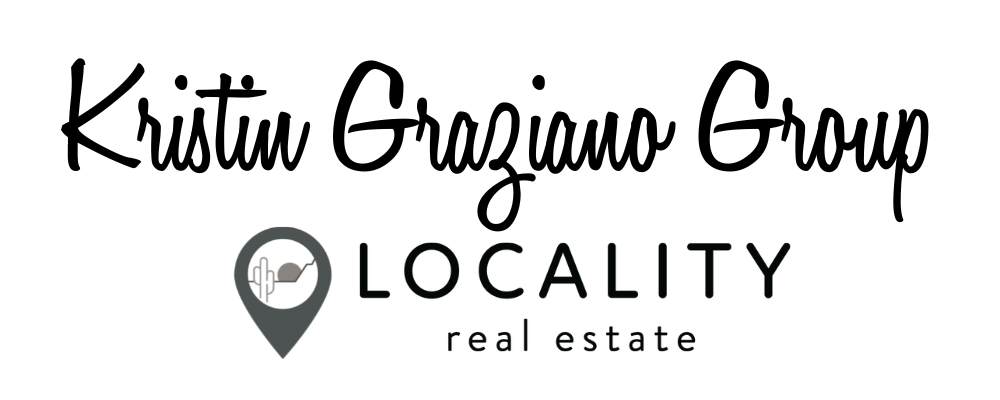How to Determine If You're Ready to Buy Your First Home
Buying your first home is an exciting milestone, but it's also a major financial commitment that requires careful consideration. It's important to assess your readiness before diving into the home-buying process. Here are some key factors to consider when determining if you're ready to buy your first home.
1. Financial Stability
Steady Income:
One of the first indicators that you're ready to buy a home is having a stable and reliable income. This ensures you can comfortably manage mortgage payments and other homeownership costs without financial strain.
Savings for a Down Payment:
A significant factor in home buying is the down payment. Most lenders require a down payment of 3-20% of the home's purchase price. Having substantial savings not only covers this cost but also demonstrates financial discipline and readiness.
Emergency Fund:
Homeownership comes with unexpected expenses, such as repairs and maintenance. Having an emergency fund that covers 3-6 months of living expenses can provide a safety net and peace of mind.
2. Credit Health
Good Credit Score:
A good credit score is crucial for securing a favorable mortgage rate. Review your credit report and score to ensure there are no errors and that your credit health is in good standing. Aim for a score of at least 620, though higher scores can qualify you for better interest rates.
Manageable Debt:
Lenders look at your debt-to-income ratio (DTI) to assess your ability to take on a mortgage. Aim for a DTI of 43% or lower, meaning your monthly debt payments should not exceed 43% of your monthly income.
3. Long-Term Commitment
Staying Put:
Consider whether you're ready to stay in one place for at least 5-7 years. Buying a home is a long-term investment, and moving too soon can result in financial loss due to transaction costs and potential market fluctuations.
Future Plans:
Think about your future plans and how they align with homeownership. Factors like career stability, family planning, and lifestyle preferences can influence your readiness to buy a home.
4. Understanding the Costs
Beyond the Mortgage:
Homeownership involves more than just mortgage payments. Be prepared for additional costs such as property taxes, homeowners insurance, maintenance, utilities, and potential homeowner association (HOA) fees.
Affordability:
Use mortgage calculators to determine what you can afford, considering all associated costs. A general rule of thumb is to keep your housing costs (including mortgage, taxes, and insurance) below 28% of your gross monthly income.
5. Knowledge of the Market
Market Conditions:
Understanding the current real estate market conditions can help you make an informed decision. Are home prices rising or falling? Is it a buyer’s or seller’s market? Researching these factors can guide your timing and expectations.
Professional Guidance:
Consider consulting with a real estate agent who can provide insights into the local market, help you find suitable properties, and guide you through the buying process.
6. Emotional Readiness
Responsibility:
Homeownership comes with responsibilities that renting does not. Are you prepared to handle repairs, maintenance, and the overall management of your property?
Determining if you're ready to buy your first home involves assessing your financial stability, credit health, long-term plans, understanding of costs, market knowledge, and emotional readiness. Homeownership is so exciting, and can help build generational wealth. If you have any questions or need personalized advice on what's best for your timeline, consider reaching out to a trusted real estate professional who can help guide you through the process. Happy house hunting!
